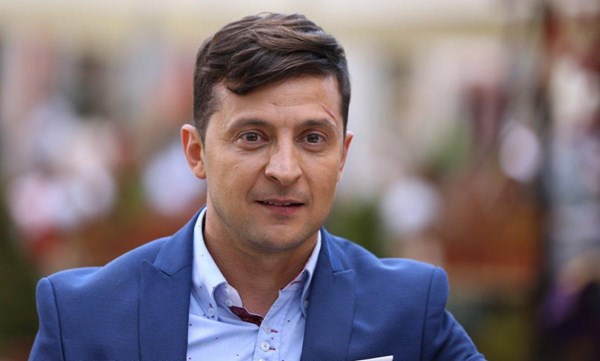Ukrainian parliament rejects Zelensky’s proposal to change election system
At an extraordinary session of Ukraine’s parliament, the Verkhovna Rada, convened by President Volodymyr Zelensky on Wednesday 22 May, the MPs voted against the president’s proposed change to the parliamentary election system. Zelensky’s bill proposed to transition from a plurality voting system to a proportional representation system with closed party lists and a lowering of the entry barrier from 5% to 3%.
Experts expect that the old system will still be used for the Rada’s elections on 21 July.
The president’s bill to change the election system received only 92 out of the required 226 votes. During the discussion while the text was being handed out to MPs, the leaders of only two parties supported Zelensky’s initiative: Oleh Bereziuk from the Self Reliance party and Yulia Tymoshenko from the All-Ukrainian Union “Fatherland” party. All other party leaders opposed it.
The majority of MPs would have welcomed a transition to a proportional representation system, but closed party lists was unanimously declared unacceptable and contrary to the recommendations of the Venice Commission of the Council of Europe for “Democracy through Law”.
Olha Ayvazovska, chairperson of the “Opora” civil initiative, pointed out that the Venice Commission actually advised Ukraine in 2013 to transition to elections with open party lists. “An election system with closed lists facilitates corruption. This corruption is on the elite level, when the leadership of political parties is financially or politically motivated,” she explained.
However, Ayvazovska believes that the current plurality system is just as risky with respect to corruption, with questionable approaches being used and voters being bribed.
The expert noted that, according to European standards, only procedural changes can be made to the election system within a year of elections. However, parliament has already been dissolved by presidential decree, and Zelensky has scheduled extraordinary elections for 21 July. According to Ayvazovska, this means that the opportunity to reform electoral legislation will only arise after a new parliament has been chosen.
However, the newly sworn in president’s team has not given up hope of reaching a compromise with the current parliament. Zelensky’s representative in the Rada, Ruslan Stefanchuk, told reporters that consultations with MPs are still underway, and that he believes there is still time to find a common solution.
